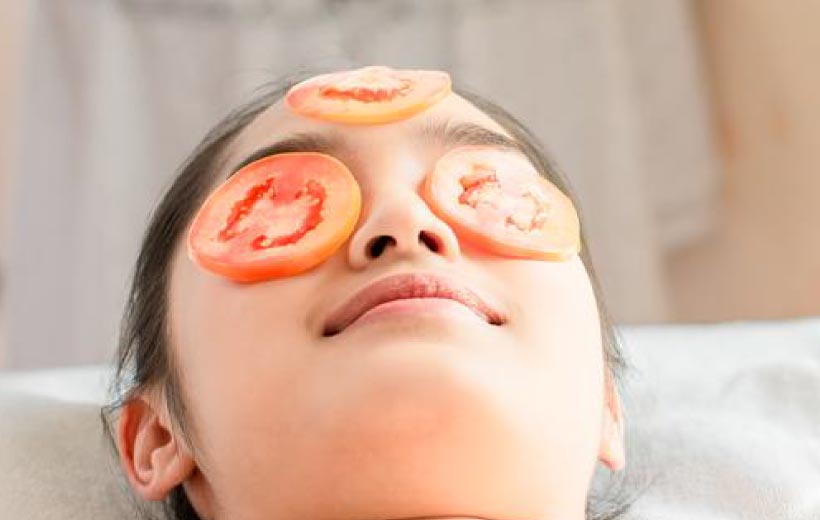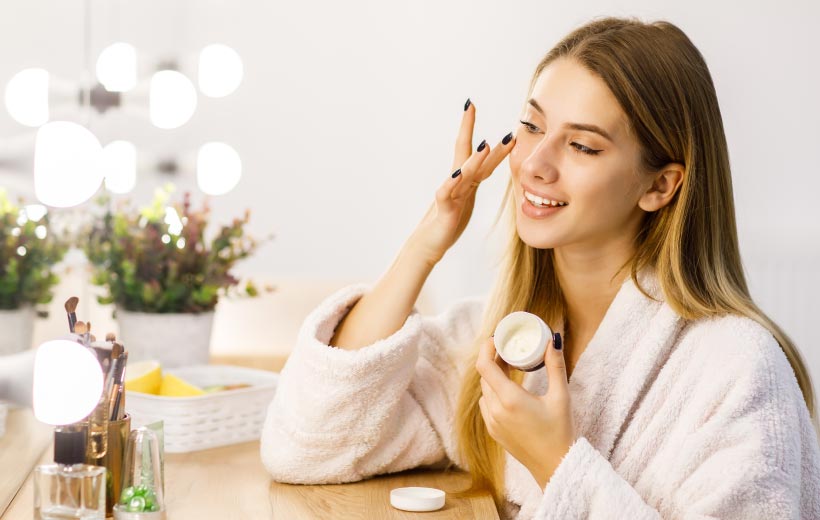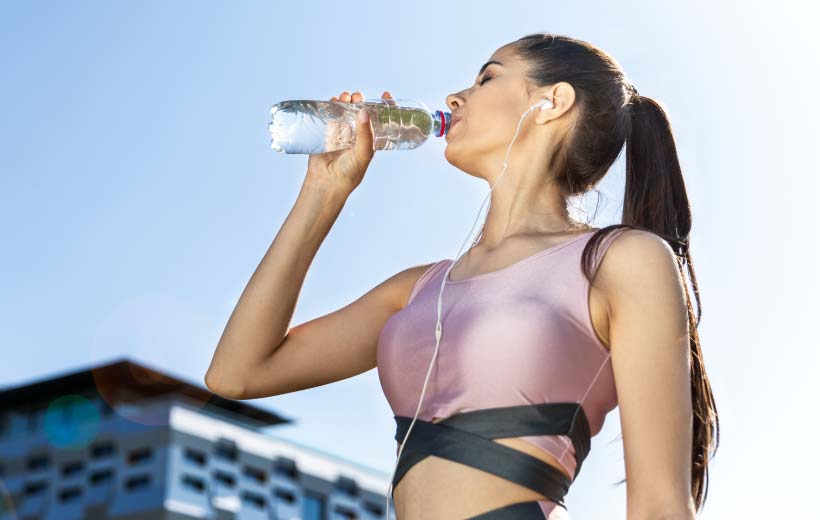Sunlight, fine dust, and blue light are all factors that accelerate the aging process of the skin.
Skin aging is a natural process that occurs continuously. According to many studies, from the age of 35 onwards this process will be accelerated by several environmental factors. Therefore, early identification and proactive prevention are ways to help women maintain long-term youthful skin. Here are the “hidden culprits” that promote accelerated skin aging.
Sunshine
UV radiation (UVA and UVB rays) not only causes burns, breaks collagen, degrades cell structure, and forms wrinkles, but also increases the likelihood of skin diseases. The reason that harmful rays from the sun cause wrinkles for you is that it breaks down the collagen layer in the skin.
Fine dust
City smog also accelerates the aging process. These tiny particles penetrate the skin through the pores, causing congestion, pimples, increased inflammation, wrinkles, and pigmentation on the skin’s surface.
Greenlight
Many studies show that blue light also damages the skin. They will penetrate the dermis layer of the skin, stimulating the formation of free radicals that destroy collagen and elastin, thereby accelerating the aging process. In addition, blue light also causes hyperpigmentation and makes acne more severe.
According to dermatologists, women need careful skin care, regular exercise, and proper nutrition. In particular, the most important thing is to use sunscreen to help shield the skin and avoid damage.
The advantages of sunscreen
High sun protection: Sunscreen acts as an outer layer of the epidermis to protect the skin from the harmful effects of UV rays from sunlight with an SPF of up to 100. It helps to reduce the risk of dark spots and pigmentation. , darkening, freckles, and oil control for the skin, slowing down the aging process and sagging.
Ultimate Protection: Sunscreen not only protects against the sun, but also helps protect skin against other environmental aggressors, such as smog, heat radiation, and blue light. Therefore, when choosing a sunscreen for the winter, you should choose a cream that can block both types of UVA and UVB rays.
Water resistance: If you often work outdoors, you should choose a sunscreen that is water resistant. Because sweat will quickly wash away the cream on the skin even without direct contact with water.
Follow the website ongreenbeauty.com to get more health, nutrition, and beauty information to protect the health of yourself and your loved ones in your family.




